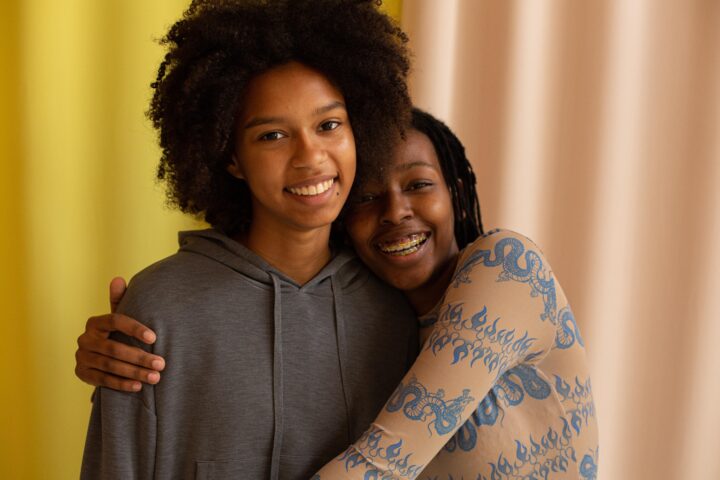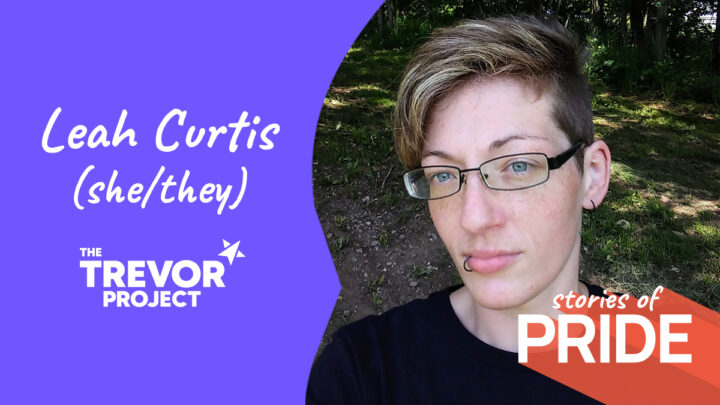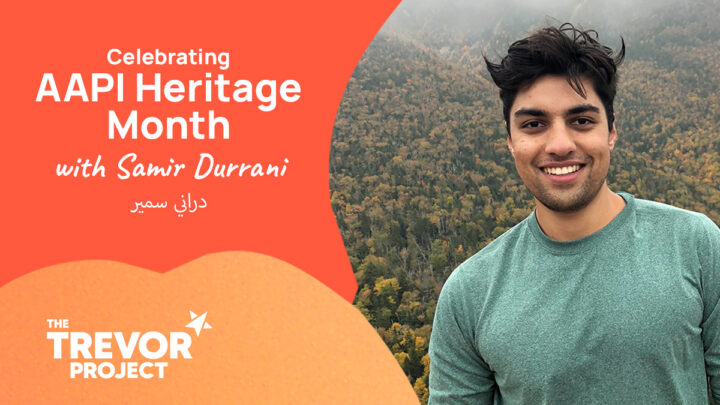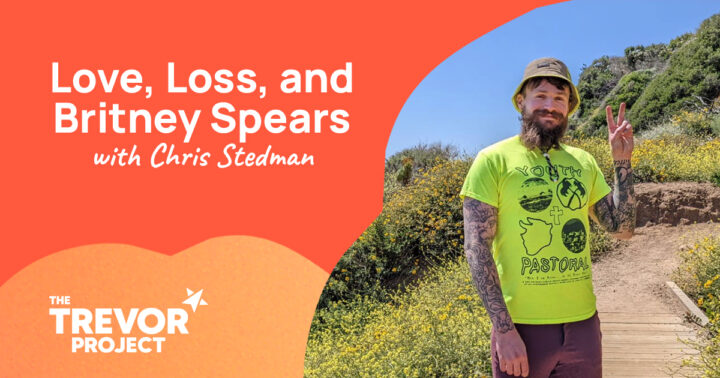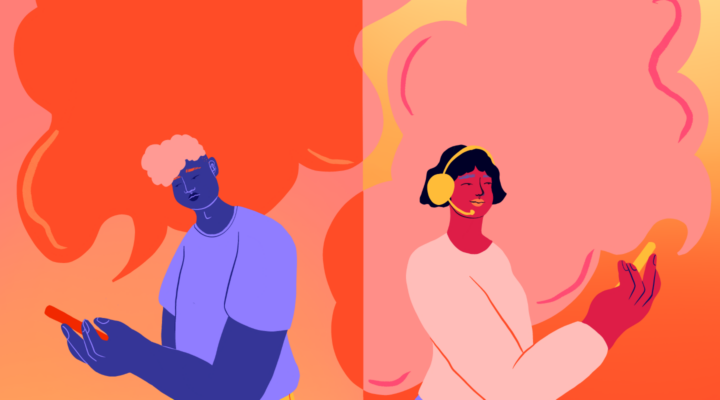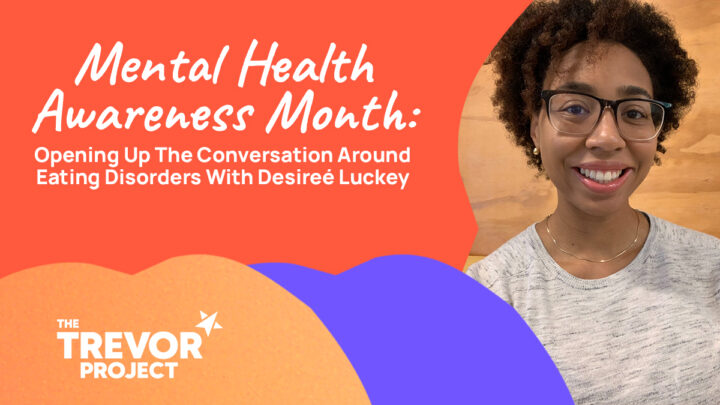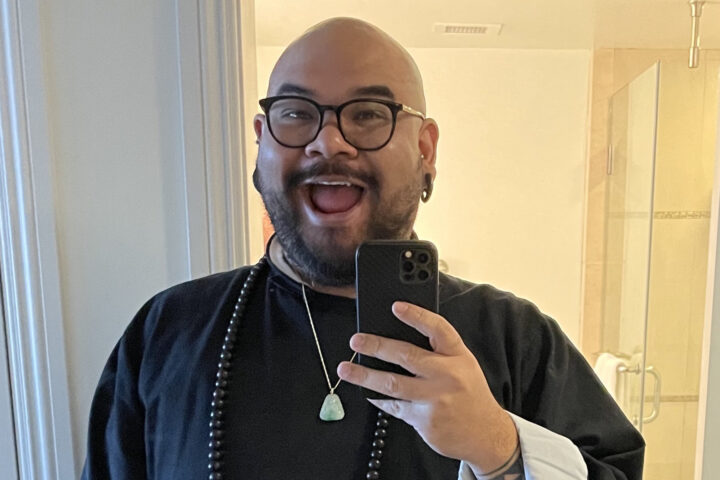Blog
Stories Of Pride From Trevor Project Volunteer Digital Counselor Leah Curtis
Content Warning: This story explores addiction. For support, our trained crisis counselors are available 24/7 at 1-866-488-7386, via chat www.TheTrevorProject.org/Get-Help, or by textingSTART to 678-678. My name is Leah (she/they) and I am one of the many amazing humans that young people speak with when they need support via chat and text: a volunteer Digital Counselor. I amcurrently in school studying Gender, Women, and Sexuality and working diligently to better myself. I was 15 years old when I first began struggling with drug use, the same year I came out to my parents as gay. When I looked around, I…
